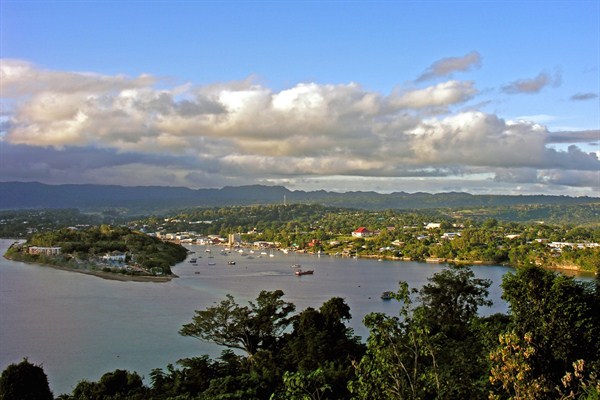Last week, when Vanuatu's president, Baldwin Lonsdale, was out of the country, the speaker of Parliament pardoned himself and 13 lawmakers for allegedly accepting bribes to vote down the previous government. On Friday, 11 of the 14 pardoned parliamentarians were arrested. In an email interview, Derek Brien, the executive director of the Vanuatu-based Pacific Institute of Public Policy, discussed politics in Vanuatu.
WPR: What explains Vanuatu’s historical political instability, and what impact has it had on the country’s governance and democracy?
Derek Brien: The electoral system rewards personality politics and facilitates minority representation. It also complicates party dynamics, as candidates are pitched against members of their own political grouping in open, multi-seat constituencies. Turnover is high at each election, and voters tend to judge candidates on their ability to deliver resources to their communities rather than on policy positions or political ideology. Bloc voting directed by community leaders is commonplace. Although ostensibly a secret ballot, analysis of election results by polling station enables politicians to determine which communities voted for them. Those that did not are penalized when it comes to the distribution of resources. These elements feed a vicious cycle of compounding political fragmentation and instability.

